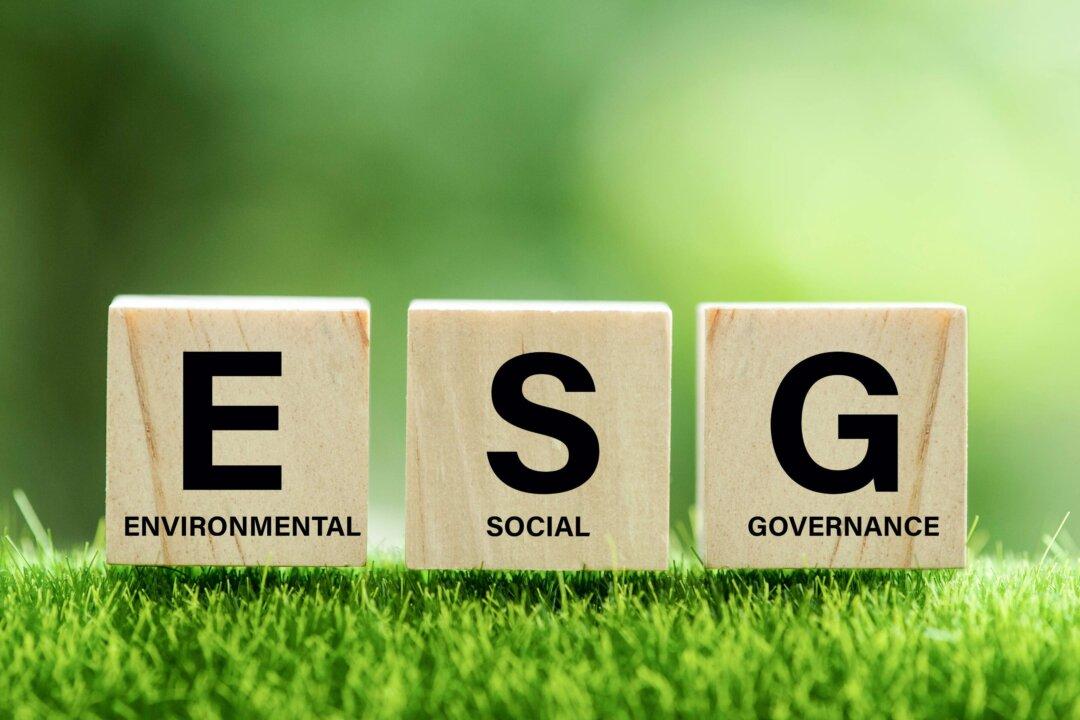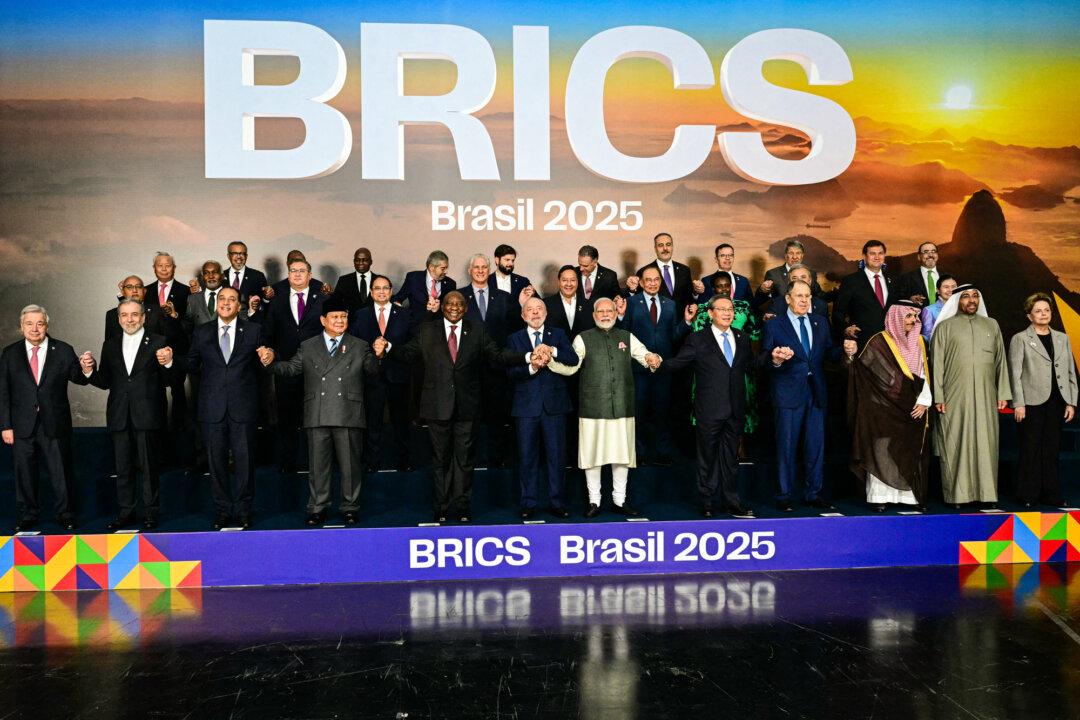Commentary
Apparently, the “woke left” in America is a big fan of free market capitalism and investing. At least, that’s what Slate’s Andrew Petillon would have us all believe in his recent article, “The Republican War on ‘Woke Capitalism’ Is Really Just a War on Capitalism.”





